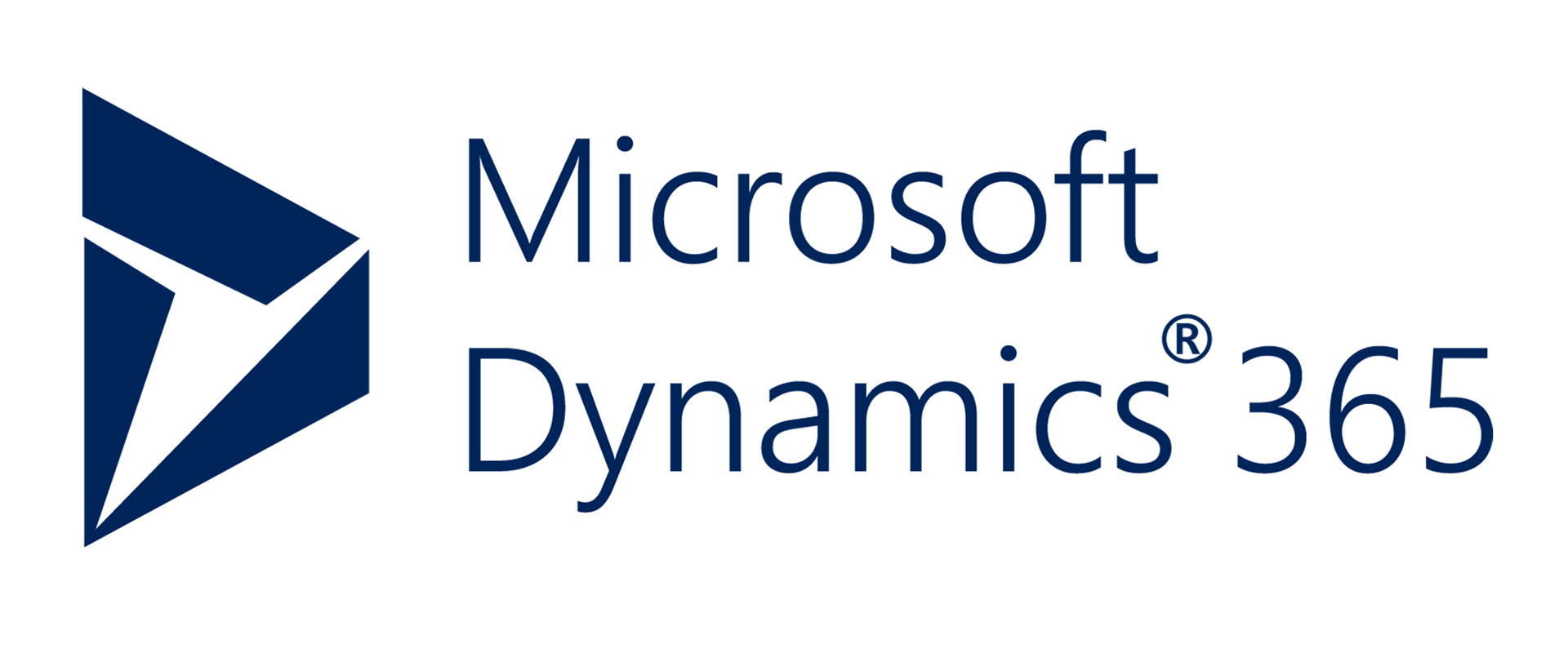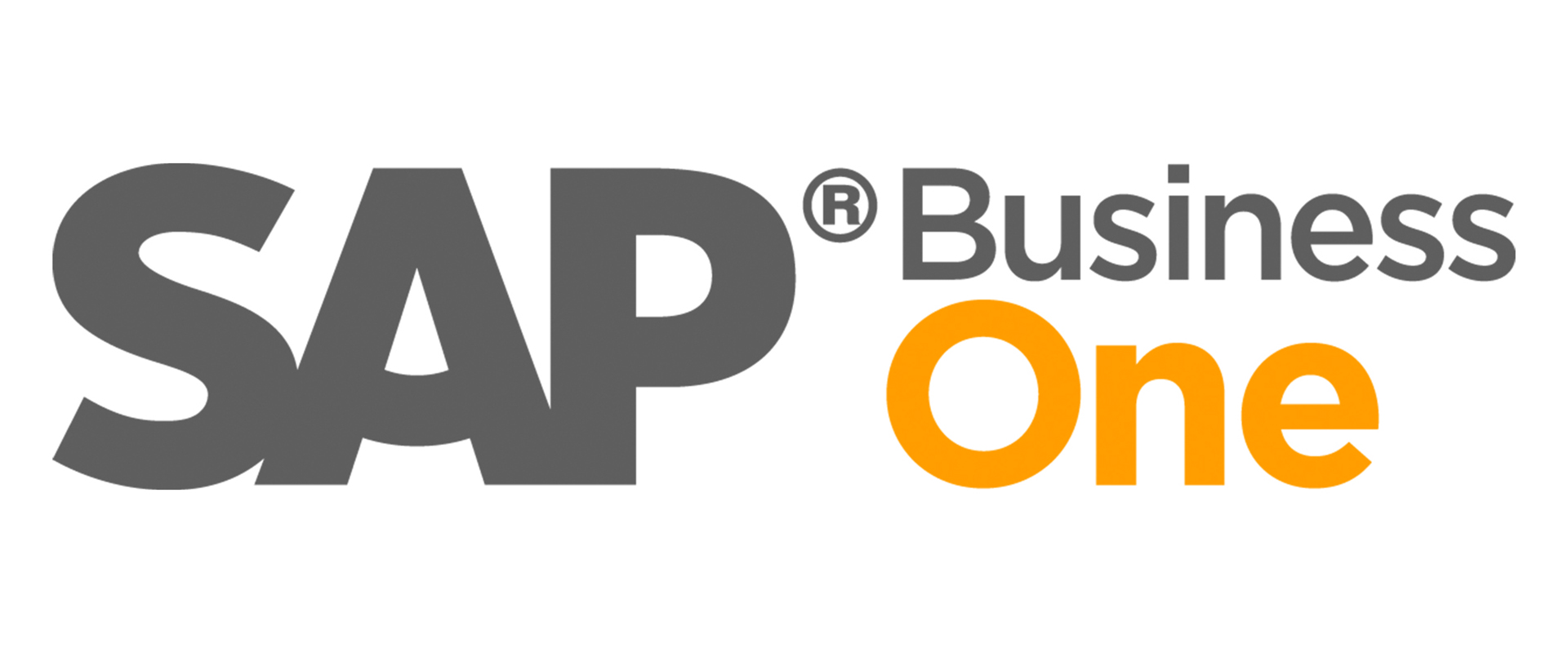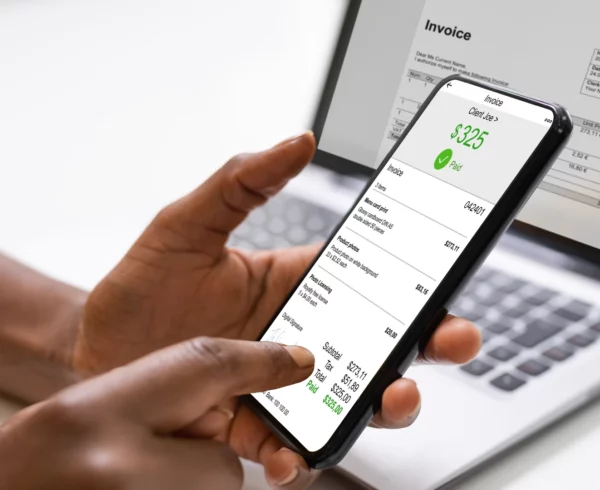 There has never been a more suitable time to begin your business’s digital transformation. Investing in a cloud-based ERP is a great place to start. Enterprise resource planning (ERP) software helps you organize and integrate all your company’s operations, financials, reporting, planning, and more in one fully integrated system.
There has never been a more suitable time to begin your business’s digital transformation. Investing in a cloud-based ERP is a great place to start. Enterprise resource planning (ERP) software helps you organize and integrate all your company’s operations, financials, reporting, planning, and more in one fully integrated system.
Before selecting an ERP for your company, you must consider all your options to choose one that fulfils your organization’s individual needs. Of course, your business needs and processes should be the primary driver when choosing a new ERP system. But you will inevitably find a few leading contenders that seem to have the functionality you require. So, how do you know which is the right one? The simple truth is that every solution has pros and cons.
The key is having the correct information about each option to make an informed decision. SAP Business One and Dynamics 365 are two major players in the ERP market today. With the ever-changing technology around us, businesses focusing on growth should be using the best ERP system for their business. Before choosing an ERP for your company, examine the key differences between Microsoft Dynamics 365 Business Central and SAP Business One.
 Let’s examine it further:
Let’s examine it further:
Microsoft Dynamics 365 Business Central vs SAP Business One
Microsoft Dynamics 365 Business Central (previously Dynamics NAV) is a cloud-first ERP solution from Microsoft, focusing heavily on sophisticated UX / UI (User Experience) (User
Interface). Businesses of all sizes prefer D365 BC across various industries because of its intellectual capability to support a more extensive choice of organizational models.
SAP Business One is an ERP solution designed and developed by SAP SE. It includes uncomplicated tools, interfaces, and capabilities with a classic look and feel. SAP B1’s functionalities are designed to meet the needs of small and medium-sized businesses. It runs on the Microsoft SQL Server, and you can deploy the software on-site and in the Cloud. Its mobile app allows you to access analytics, sales, and service functions.
Pro & Cons – D365
Pros
- Incorporates smart features geared towards scalability and customizations
- Supports numerous languages and currencies
- Incorporates web-based UI for user-friendly interfacing
- It is compatible with a wide array of devices
- Multiple payment options as well as a quote-based pricing model
- Integrates seamlessly with other Microsoft products
- Smart features allow flawless integration with third-party apps
Cons
- A user interface that may be difficult to navigate for those unfamiliar with Microsoft products
- A rigid configuration that is difficult to change once the setup process is complete
- A high price that is standard for mid-market CRM solutions but still surprising
- Segmented functionality that requires businesses with many needs to purchase several modules
- The mobile app is a bit buggy and does not offer all features. Some users report having difficulty connecting to certain apps and tools while using the mobile app.
- Very low data storage limits and you’ll likely need to purchase more, which adds to your total cost of ownership (TCO).
Pro & Cons – SAP ERP
Pros
- More suitable for small and medium-sized enterprises that need standardized features
- Cost-effective variant for large businesses that require precise features without any need for future enhancements
- Includes basic applications with all the core ERP functionalities and easy-to-modify tools
- Incorporates interactive dashboards along with other data storage and report writing tools
- Seamlessly integrates with most third-party applications
- More rapid integration and implementation since features are standard
Cons
- Understanding SAP and all its functionalities may take more time
- Complex UI is not intuitive and less engaging
- An expensive tool with a lack of flexibility in features and minimal customizations
- Only quote-based pricing is available
If you are unsure which product to select or which direction to go, contact us, and we’ll help evaluate your needs and take you on the journey of selecting the right ERP for your business needs.






